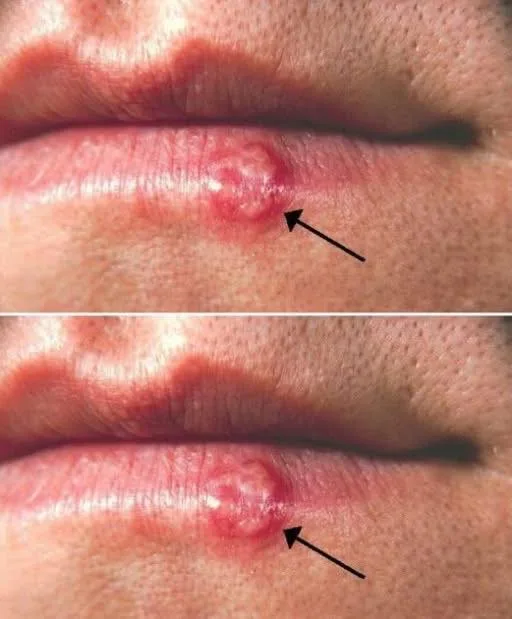Herpes: understand everything to better react and prevent recurrences
A tingling or burning sensation on the lips, a constant feeling of discomfort, then the appearance of a small, unpleasant blister… You probably recognize the signs of herpes, also known as a cold sore. This phenomenon, which affects a large part of the population, is often misunderstood or surrounded by misconceptions. However, with the right actions and precautions, it is entirely possible to relieve the symptoms, limit recurrences, and quickly regain optimal comfort.
What exactly is herpes?
Herpes is caused by a very common virus, HSV-1 (herpes simplex virus type 1). After the initial infection, often during childhood, the virus remains latent in the body, hidden in nerve ganglia. In most cases, it never manifests itself, and the infected person may not show any symptoms for years or even their entire life.
However, in some people, the virus periodically reactivates, causing episodes of herpes. It is important to emphasize that this reactivation is not related to poor hygiene or lack of care; it is a natural reaction of the body to certain factors.
The most common triggers
HSV-1 can remain inactive for a long time, but several factors can trigger reactivation:
• Stress – physical or emotional
• Severe fatigue or prolonged lack of sleep
• Excessive sun exposure, especially without lip protection
• Fever or infection such as a cold or flu
• Hormonal imbalance (menstruation, pregnancy, etc.)
• Major dental surgery or trauma to the oral cavity
• Weakened immune system
